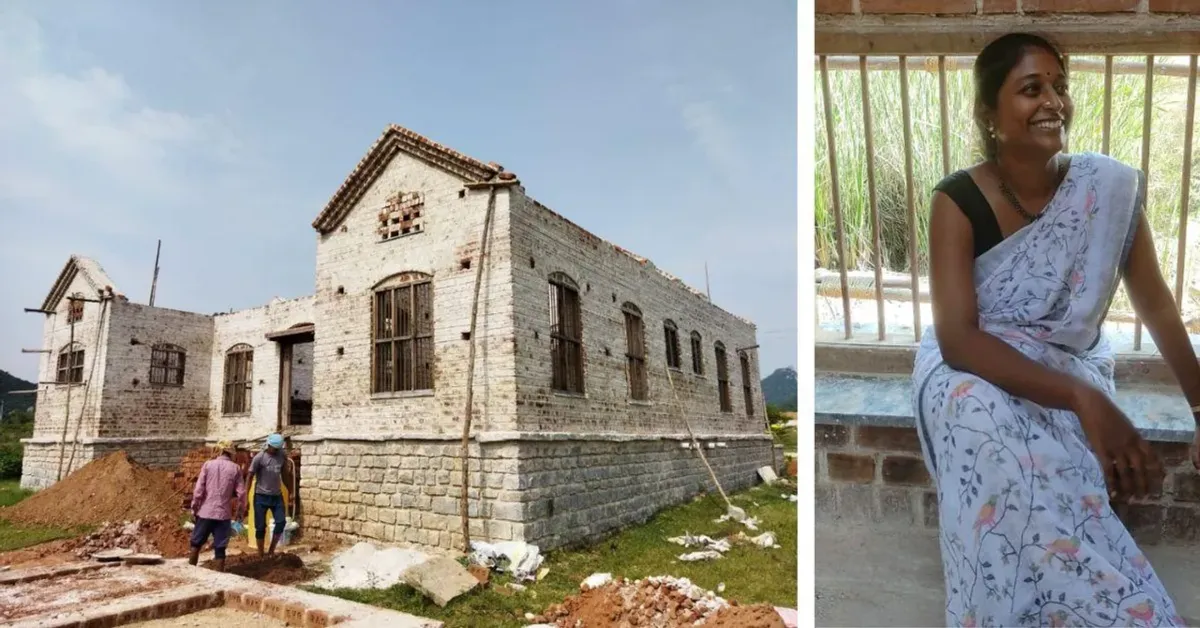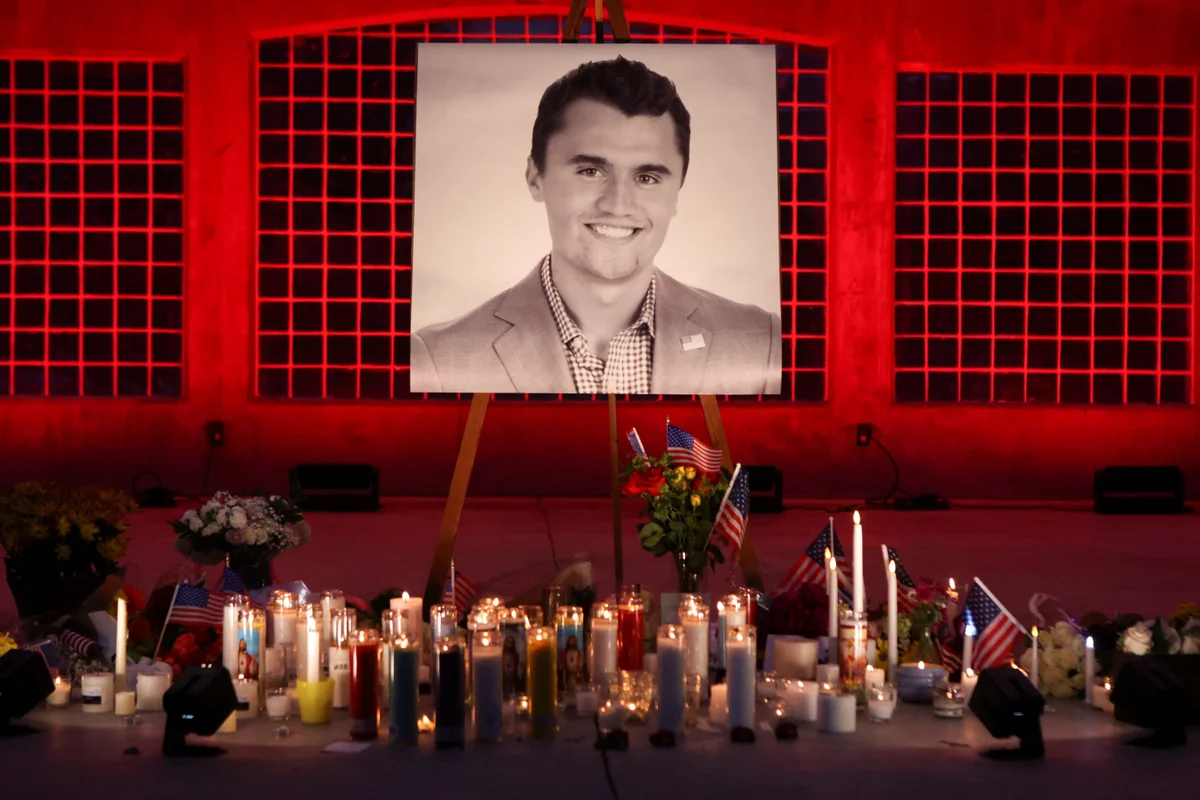
Barring undocumented kids would undermine program, harm wider community
While we are grateful that a federal judge has temporarily paused the Trump administration’s directive to exclude undocumented children from Head Start programs, the fight for these children and their families is far from over (“Threat to take away Head Start another worry for immigrants,” Metro, Sept. 14). It’s important to understand what this proposed policy would mean for early educators, the children they serve, and our communities.
As reporter Samantha J. Gross notes, Head Start serves about 11,000 children in Massachusetts alone, providing not just early learning but also critical health screenings, nutrition support, and family services. The program also employs about 4,000 early educators.
The proposed exclusions would fundamentally undermine Head Start’s mission.
First, it would put educators in a position of having to enforce immigration exclusions. Early educators work hard to cultivate trust with families. Imposing this requirement would damage the social contract that makes early learning environments safe, inclusive, and effective.
Second, it would create a chilling effect that keeps families away from vital services. Many families are mixed-status, meaning that excluding one child often results in the withdrawal of others from the program, including US citizens.
Advertisement
Third, it would harm entire communities, not just individual children. Driven by fear, immigrant families would avoid health care, food assistance, and other critical services, even when fully eligible.
As Massachusetts works to expand access to quality early education for all children, we must protect programs, such as Head Start, that serve children from low-income families, including those who are experiencing homelessness, in foster care, or undocumented. We cannot afford to abandon them when they need us most.
Advertisement
Anne Douglass
Boston
The writer, a professor of early childhood education, is executive director of Early Education Leaders, an institute at the University of Massachusetts Boston.
In the words of her grandfather …
My grandfather, Harland Gaylord Ranney, was orphaned at 12 in Easthampton in 1893 and, as was then apparently the practice, was farmed out, literally, to a farmer as free labor. In later years he often said, “Thank God it was Massachusetts, and they had to send me to school.”
That is a record we should be proud of and should expand on, not abandon. It benefits all of us if all children are educated.
Sue Bass
Belmont



